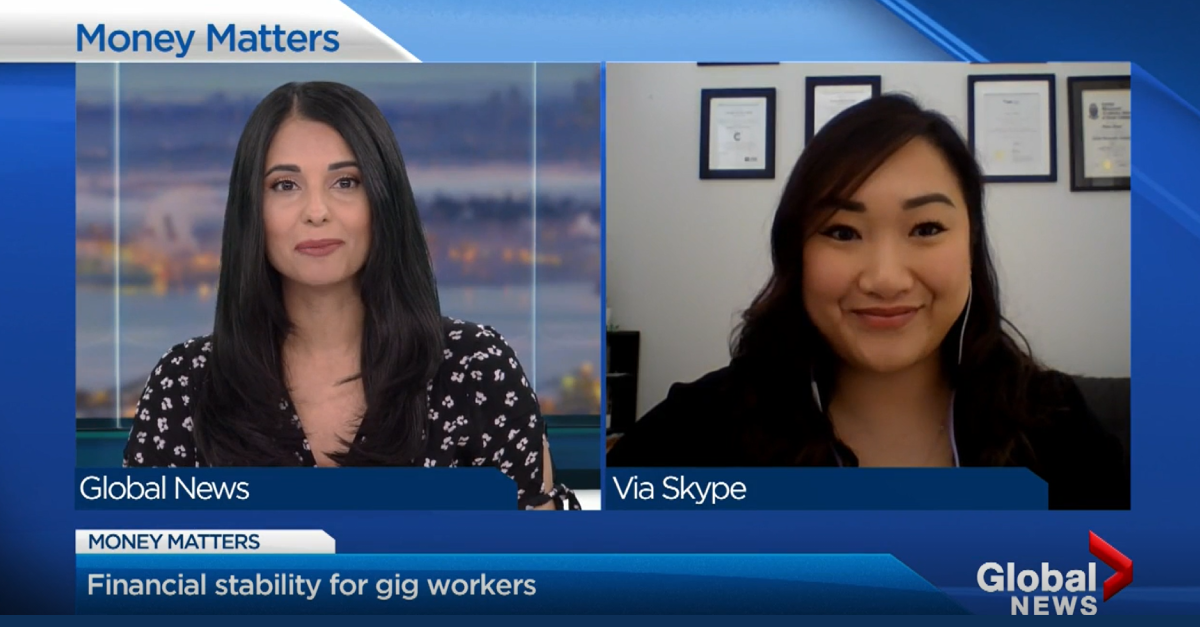The gig economy has grown during the pandemic as people look for different ways to earn money. But with no set sallary, finances can be difficult to juggle. Joining us now for more is Aimee Chow of Coast Capital.
Can you tell us about the growth if gig workers here in BC?
The pandemic has certainly see an increase in people looking to augment their income, or to increase their income, which means often taking on freelance or short-term gigs, or gigs that can help them supplement their income. Although recent Canadian data isn’t really available right now, we do know that a significant number of people are taking part in this work. Roughly 8-10% of Canadian workers are involved in the gig economy, and that number increases in the younger demographics. While we definitely know that the pandemic has hit home for a lot of people, financial management can be quite difficult for these gig workers, and it can be a big adjustment for someone whose always been working for someone else.
What’s the number one thing gig workers should keep in mind when it comes to their finances?
I think the single most important thing that we tell our members right now who are involved in the gig economy is to make sure to track everything. It doesn’t have to be overly complicated, but you do have to stick to a system and you should definitely have one set up. There are definitely a lot of apps and technology solutions out there that can help you manage your finances and they can be quite helpful. And if you happen to be using a platform like Skip the Dishes or Uber, they also have a tracking mechanism for you to upload your data so that you’re able to upload it into your spreadsheet, your app or software.
What about when it comes to taxes? If you’re a freelancer or a gig worker I know it can get kind of complicated.
Yeah we definitely know that it can be more complicated for gig workers and freelance workers. In Canada it’s important to remember that if you owe over $3,000 in income taxes, you likely will have to start making quarterly installment payments. There are caveats of course, and you should do your homework to figure out what is the best situation for you and the Canadian Revenue Agency website is a great place to start.
I understand you feel it’s important to create an emergency fund if you are a gig worker as unexpected expenses can always come up. What advice do you have there?
Yeah you’re absolutely right. Everyone should have emergency savings set up, and I think pandemic has really hammered-home that point. It can be hard to start putting money away from each paycheque into savings but it’s absolutely imperative that we do so. An easy way to get started is to set up an automated transfer from your paycheque into your high-interest savings account or a Tax-Free Savings Account. It won’t be long until you don’t notice those transactions coming out and those savings can actually build quite quickly.



